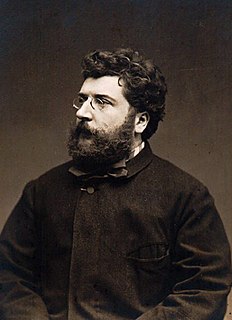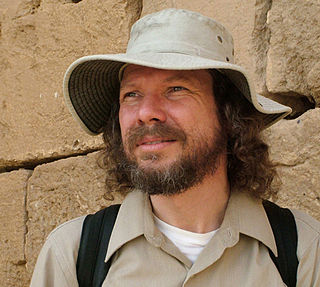A Quote by John Adams
All sober inquirers after truth, ancient and modern, pagan and Christian, have declared that the happiness of man, as well as his dignity, consists in virtue.
Related Quotes
Upon this point all speculative politicians will agree, that the happiness of society is the end of government, as all divines and moral philosophers will agree that the happiness of the individual is the end of man. From this principle it will follow that the form of government which communicates ease, comfort, security, or, in one word, happiness, to the greatest numbers of persons, and in the greatest degree, is the best. All sober inquirers after truth, ancient and modern, pagan and Christian, have declared that the happiness of man, as well as his dignity, consists in virtue.
I don't want to write a mass before being in a state to do it well, that is a Christian. I have therefore taken a singular course to reconcile my ideas with the exigencies of Academy rules. They ask me for something religious: very well, I shall do something religious, but of the pagan religion. . . . I have always read the ancient pagans with infinite pleasure, while in Christian writers I find only system, egoism, intolerance, and a complete lack of artistic taste.
Degrees of ability vary, but the basic principle remains the same: the degree of a man's independence, initiative and personal love for his work determines his talent as a worker and his worth as a man. Independence is the only gauge of human virtue and value. What a man is and makes of himself; not what he has or hasn't done for others. There is no substitute for personal dignity. There is no standard of personal dignity except independence.
Happiness consists not of having, but of being; not of possessing, but of enjoying. It is a warm glow of the heart at peace with itself. A martyr at the stake may have happiness that a king on his throne might envy. Man is the creator of his own happiness. It is the aroma of life, lived in harmony with high ideals. For what a man has he may be dependent upon others; what he is rests with him alone.
The Christian is not superficial in any sense, but is fundamentally serious and fundamentally happy. You see, the joy of the Christian is a holy joy; the happiness of the Christian is a serious happiness. ... it is a solemn joy, it is a holy joy, it is a serious happiness; so that, though he is grave and sober-minded and serious, he is never cold and prohibitive.
Moral theory develops from the divine command theory of medieval Christian philosophy, mixed up with a bit of ancient pagan virtue theory, to the purely secular moral sentiment and interpersonal reaction theories of Smith and Hume, to Kant's attempt to restore command theory but with something supersensible in the individual rather than God as the source of authority.
Samhain had its origins, like many modern holidays or celebrations, in pagan times. As the sidhe-seers had been inclined to erect churches and abbeys on their sacred sites, the Vatican had been wont to “Christianize” ancient, pagan celebrations in an if-you-can’t-beat-them-and-don’t-wantto- join-them-rename-it-and-pretend-it-was-yours-all-along campaign.
Well-referenced, with numerous quotations from renowned Egyptologists and classical scholars, Acharya's penetrating research clearly lays out the very ancient pre-Christian basis of modern Christianity. Those who espouse Christianity beware! After digesting the evidence, you will never again view your religion in the same light.































